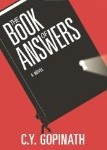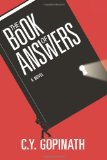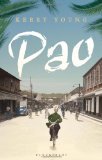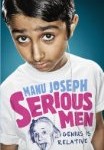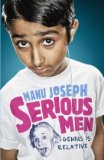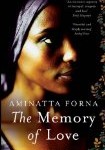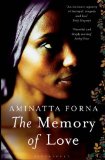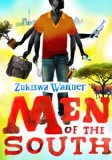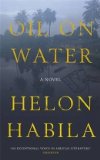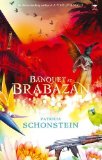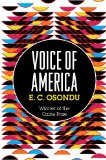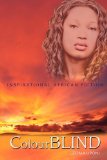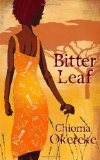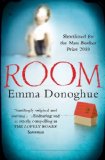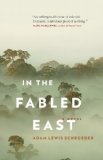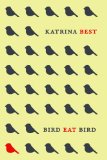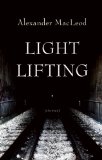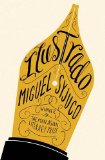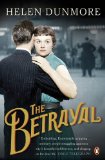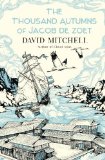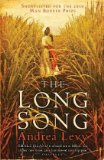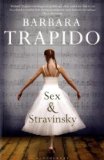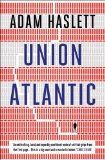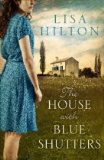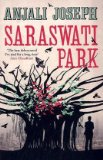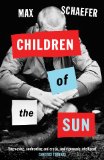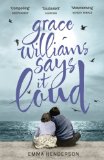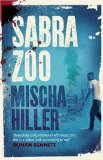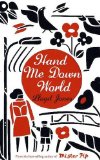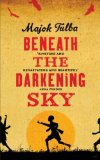 Shortlisted for 2013 Commonwealth Writers’ Prize
Shortlisted for 2013 Commonwealth Writers’ Prize
Five words from the blurb: child, soldiers, Africa, plight, resonates
Beneath the Darkening Sky is a very important book. It highlights the plight of African child soldiers; explaining how they end up carrying guns and murdering people at such a young age. It is narrated by Obinna, a nine-year-old boy who is taken from his village and forced to become a soldier. It shows how innocent children become hardened to suffering and death and how abuse slowly turns them into violent individuals.
Obinna is an engaging narrator. His thoughts and emotions jump from the page and give the reader a shocking insight into the horror these children have to endure. The way Obinna’s attitude changes over the course of the novel is cleverly done as it enables the reader to understand and empathise with someone committing atrocities – a rare and special thing to find in fiction.
The descriptions were shocking in their simplicity. The passage below is a good example of the level of violence contained in the book and the sad confusion experienced by children who have never witnessed it before:
The Captain steps away and points his shining machete at one of the boys, an older one with scars on his cheek. The boy screams like he’s won something and runs forward, his own machete raised. What’s he doing?
The boy swings his machete down, onto the old man’s neck. The old man’s head is not joined to his body. Both are lying on the ground, blood pumping out of the neck just like a goat killed for a feast. The rebels cry out in celebration. The killer boy grabs the head from the ground. The old man’s eyes are still open. Maybe he’s still alive. Maybe they can put the head back on.
Beneath the Darkening Sky is powerful book that doesn’t shy away from the truth. It can be seen as a cry for help; giving a voice to the thousands of children who aren’t allowed to choose their future. It is also a fantastic story with lots of twists and turns. If you enjoy reading about the darker side of humanity and like to experience a full range of emotions then this is the perfect choice.
Highly recommended.

.

